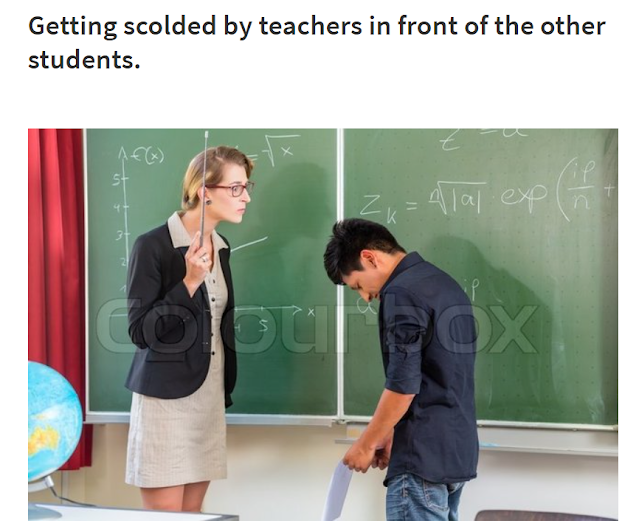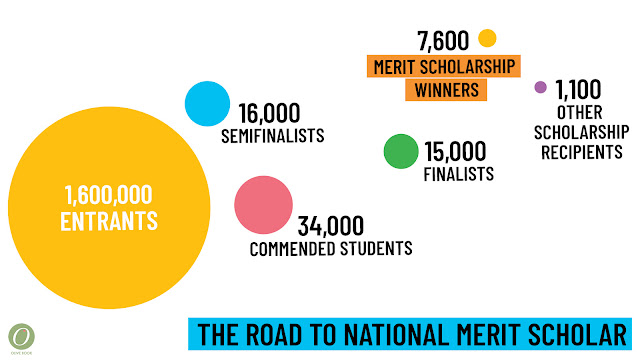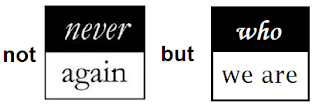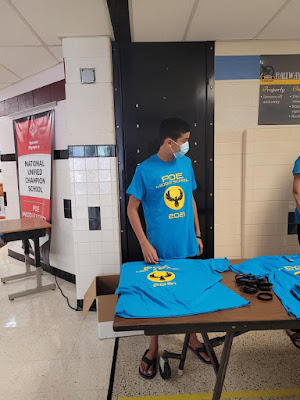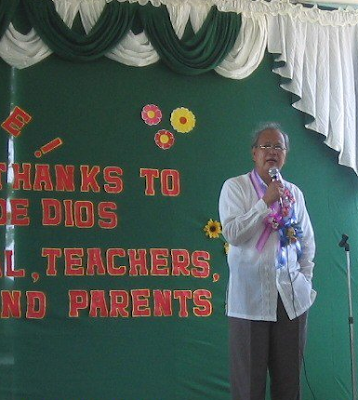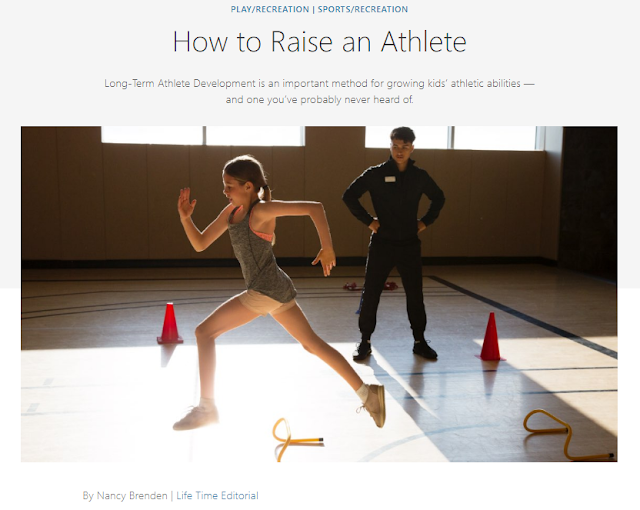If We Do Not Speak, Who Will?
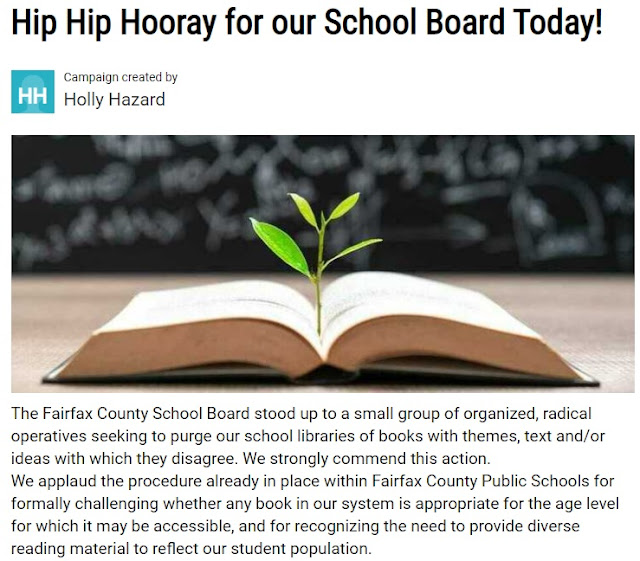
With a megaphone, one can have his voice heard more easily. Loud voices can bias our perception. Loudness should not be confused with truth. Often, loudness is simply an expression of passion, but not necessarily correctness. In a world where loudness is sometimes equated to the voice of the majority, it is especially important that we participate and support those who hold steadfast to values that benefit all our children. Parents do have a say with regard to the education of their children, but this right belongs to all parents, not just the loud ones. As calls for banning books that reach out to marginalized members of our community have become louder in our county, it is time that we stand for freedom of expression, diversity, and inclusiveness. Please join us in supporting our school board in this crucial stand. Above copied from https://sign.moveon.org/petitions/hip-hip-hooray-for-our-school-board-today Dear Friends, I just signed the campaign: Hip Hip Hooray for our School ...


